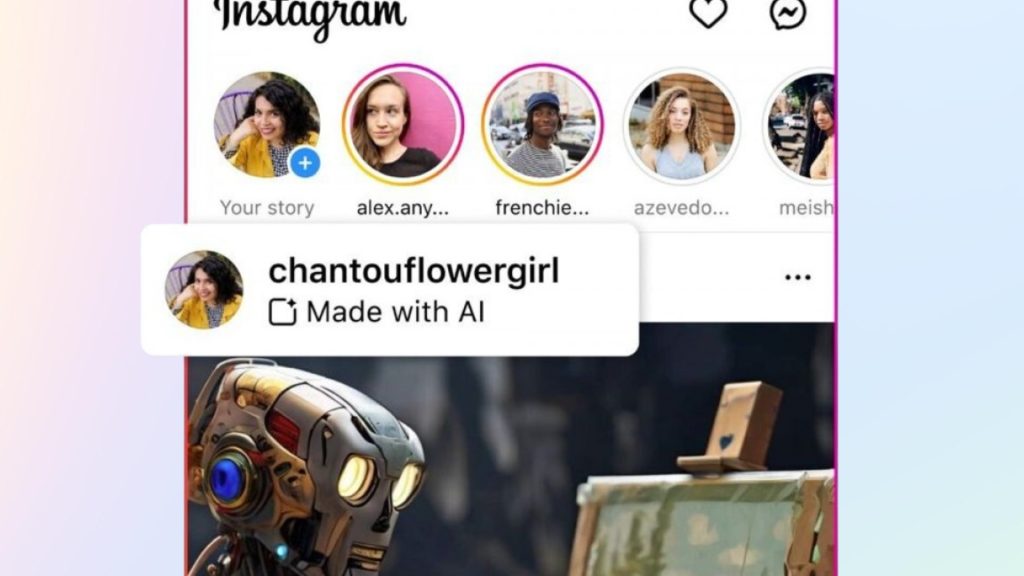Keeping Up with the Evolution of Synthetic Content
Meta is taking proactive steps, including enhancing its AI labeling, to address the surge of generative content flooding its apps. This update aims to broaden the scope of AI-generated images, ensuring that a wider range of artificial content is appropriately identified.
Adapting to the Growing Influence of AI-Generated Posts
In recent months, an increasing number of AI-generated posts have appeared on Facebook, garnering significant engagement. However, many users may not possess the digital literacy to discern artificial content from real ones.

Expanding the Scope of Content Identification
Acknowledging the limitations of its existing approach, Meta is revamping its AI labeling policies. The updated process will include additional “Made with AI” labels on content featuring industry-standard AI image indicators or when users voluntarily disclose AI-generated content.
Providing Context and Information to Users
Meta plans to retain more AI generative content on its platforms, supplementing them with informative labels. These labels aim to educate users about the nature of the content and increase awareness of AI’s capabilities in content creation.

Navigating the Complexities of AI Detection
While the effectiveness of Meta’s automated detection systems may vary as AI technology advances, the new labeling approach empowers moderators to enforce content policies more effectively. Additionally, it serves as a valuable tool in highlighting the potential of AI-generated fakes.
Anticipating the Impact of Meta’s Initiative
Meta intends to implement its revised AI labeling process in May, signalling a proactive stance in addressing the evolving landscape of artificial content.
By enhancing transparency and education, Meta aims to empower users to make informed decisions about the content they encounter on its platforms. As AI continues to evolve, Meta’s commitment to adapting its policies will be crucial in maintaining the integrity of its ecosystem.








